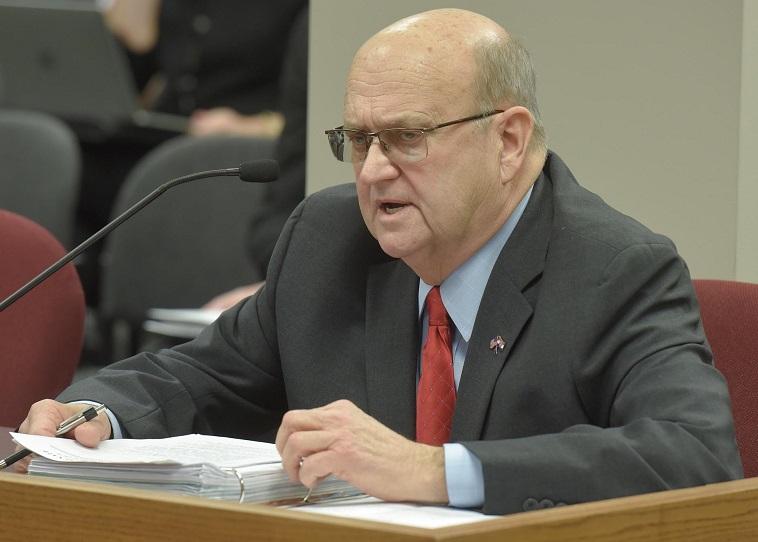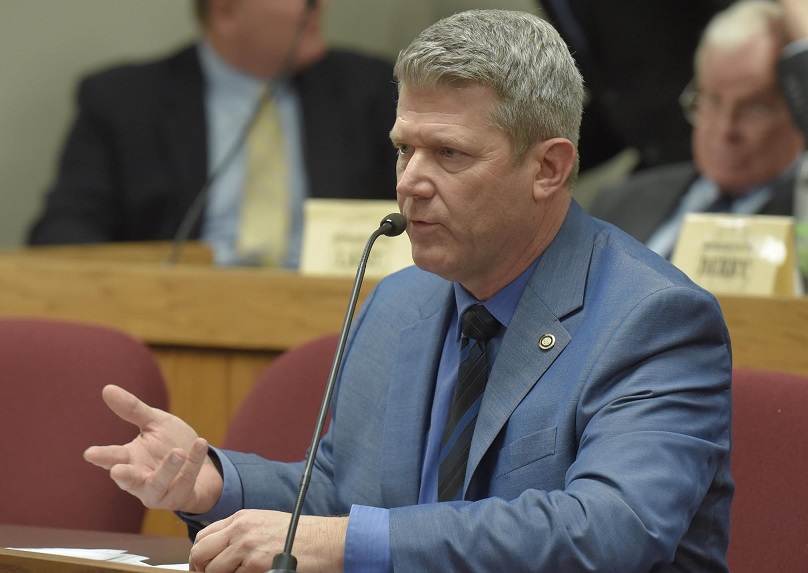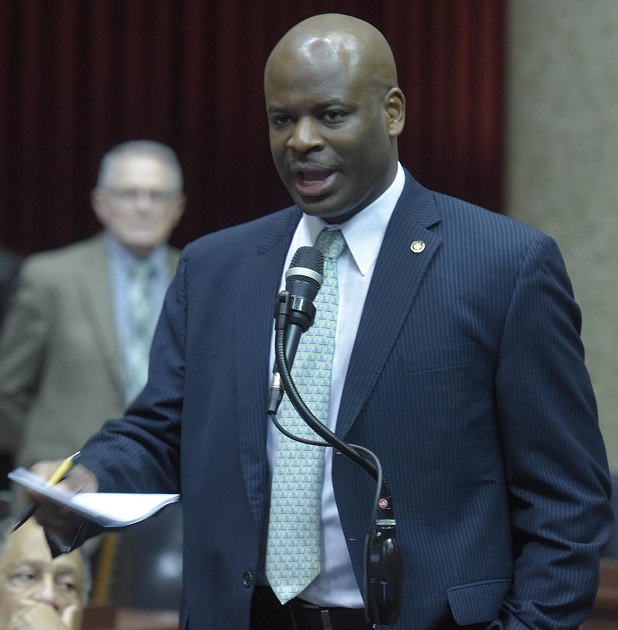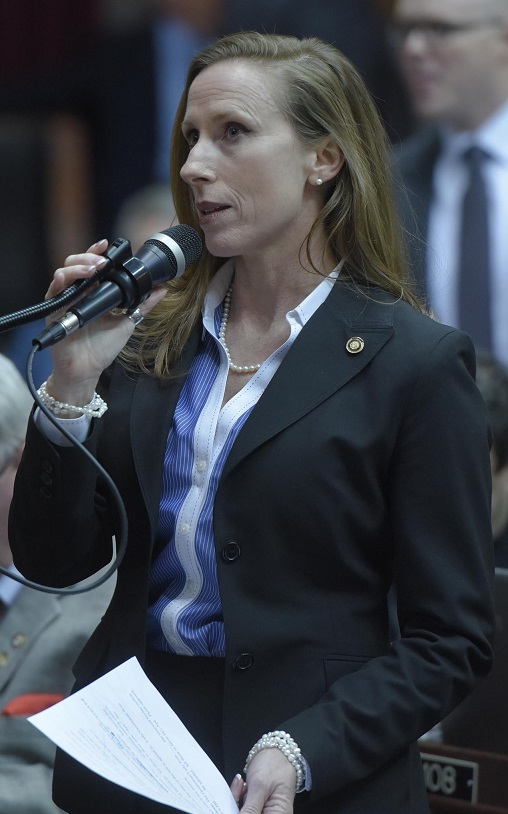The Missouri House has sent Governor Eric Greitens a bill that would make Missouri the 28th right-to-work state.
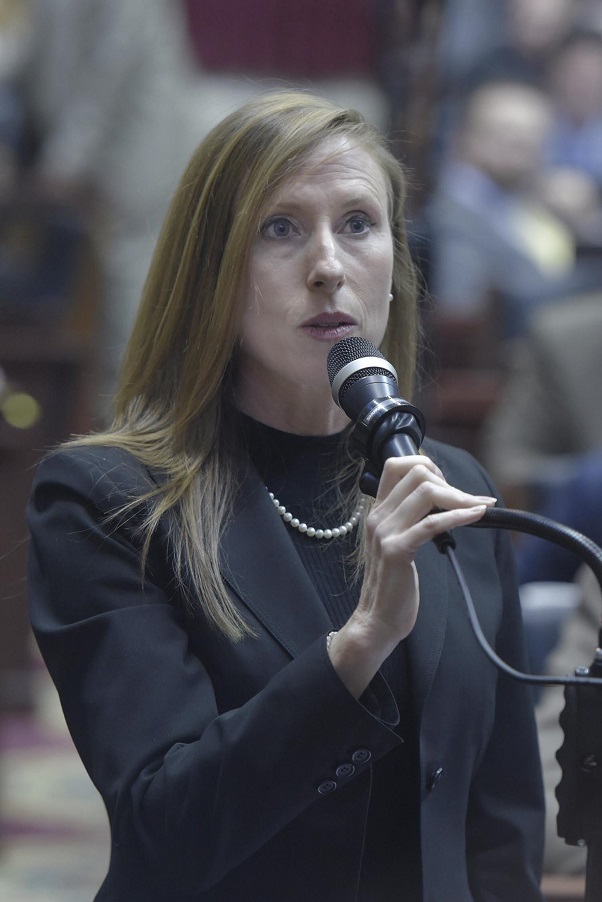
Senate Bill 19 would bar union membership or the paying of union dues from being a condition of employment. It would make violators of that prohibition guilty of a Class “C” misdemeanor and would require county prosecutors and the state Attorney General to investigate complaints or violations.
It also includes a “grandfather” clause, which would allow existing contracts between unions and companies to remain in place until they are changed or expire.
The House voted 100-59 to send the bill to the governor, who, it is anticipated, will sign it into law.
Republicans say right-to-work is an issue of worker freedom that will allow workers to decide how their money is used and who will represent them. They say some companies have not come to Missouri because it is not a right-to-work state, and say the bill’s passage will lead to more jobs and perhaps an increase in union membership.
Sikeston Republican Holly Rehder carried SB 19 in the House. She said it felt great and humbling to be carrying the bill that appears set to finally make law a long-time Republican priority.
Democrats say right-to-work states have lower wages and a lower quality of life, and say the passage of SB 19 will not help the state’s economy.
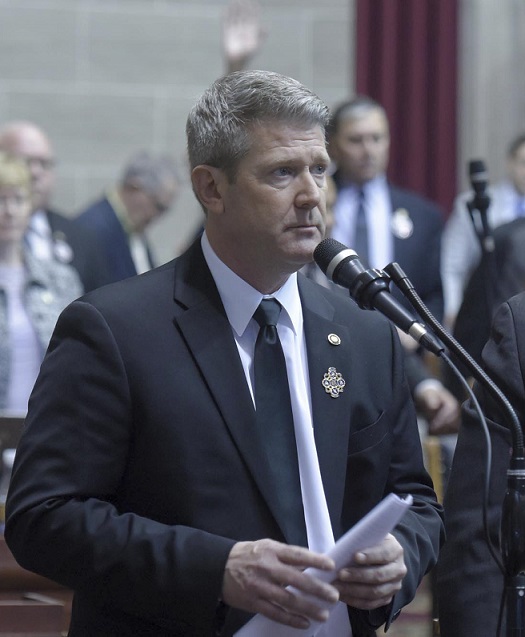
St. Louis Democrat and member of a local pipefitters union, Doug Beck, said it is a “sad day” for Missouri.
Democrats, as they did when the House debated its right-to-work bill (HB 91), proposed sending the issue to Missouri voters rather than the governor. That was rejected on a Republican-led vote. Democrats said the issue is one that should be decided by the people. Republicans said they proposed sending right-to-work to voters two years ago and Democrats opposed it then, and accused Democrats of favoring a vote now only because the governor is unlikely to veto the bill.
Proposals were also rejected that would have put a sunset on the bill, making it no longer law after five years unless renewed by the legislature; and that would have made it not apply to existing union-company contracts until their renewal, as opposed to when they are changed.
